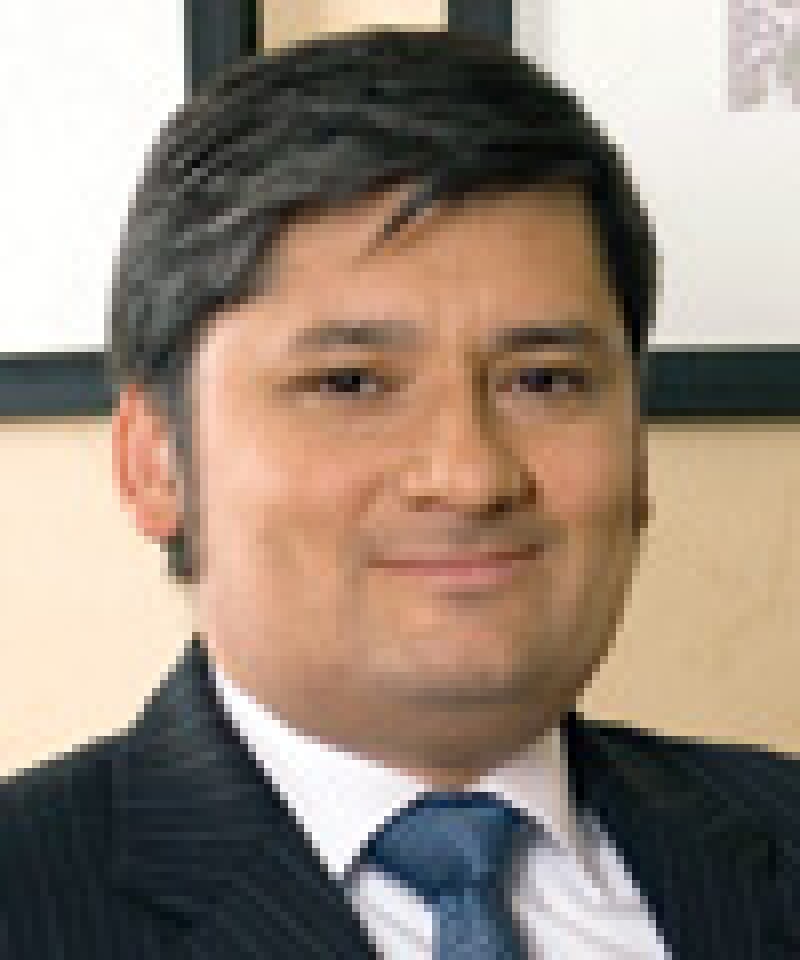
|

|
|
German Campos |
Alba Seisdedos |
On January 7 2014, Law No. 20,712, on Management of Third Party Funds and Individual Portfolio and which repeals pieces of legislation as indicated (Sole Law on Funds or LUF, as per its acronym in Spanish), was published in the Chilean Official Gazette. This law creates a sole piece of legislation applicable to the industry of third party funds management (investment funds (FIs), mutual funds (FMs), private investment funds (FIPs) and venture capital, mainly) and aligns the tax treatment of investment funds established in Chile and abroad. This to attract foreign investors to the Chilean capital market as well as turning Chile into a regional investment platform.
Accordingly, it is clear that major tax benefits incorporated by the LUF are designed for non-domiciled/residents investors, without truly relevant novelties in tax field been set forth for local investors.
Before the approval of the LUF, it was demanded for foreign investors the creation of a special fund to perform investments in local funds (FICE/FICER); as per LUF's provisions, foreigners can now invest directly in the same funds that locals do – reducing cost and injecting more liquidity.
Even though the LUF preserves the quality of non-taxpayers for the funds, it incorporates significant developments in tax matters.
As a main tax novelty, tax treatment applicable to foreign investors should be emphasised. Now, foreign investors investing both in FI or FM, will be subject upon the amounts distributed by the fund, as well as for the increased value obtained in the disposal or redemption of quotas, to a sole income tax of 10% without right to credit.
Moreover, they could be even released from said taxation to the extent that certain requirements would be met – basically, that the fund maintains for a specific period 80% or more of its assets exclusively assigned to overseas investments.
Regarding fund administrators, LUF's provisions envisaged for them general obligations of tax compliance and information to be filed before the tax authorities on behalf of the non-domiciled or non-resident investors. Additionally, remunerations received by the fund administrator for the part corresponding to quotas owned by foreign investors are exempt from VAT. These initiatives seek, respectively, increasing the efficiency of the investment industry, as well as enhancing the export of financial services; treating them in a similar way as service exportation.
Tax novelties are also introduced in connection with FIPs; essentially, limits to ensure the independence between the capital owners to prevent the utilisation of FIPs as vehicles for tax avoidance. In case said limits will not be complied with – provided it fails to settle this situation – FIP will be considered for all purposes (tax and legal) as a stock corporation.
Overall, it appears that these initiatives, jointly with the legal and economic stability that characterises Chile within the region, will capture the attention of foreign investors.
However, we may stay alert to possible substantive changes in the regulation of this industry that can be incorporated during the mandate of the new government led by Michelle Bachelet, since to date, first news related to its taxation's programme (that primarily advocates a tax increase for companies and stricter policies regarding investment funds' industry), seem to be entirely opposite to the spirit of the LUF's wording.
German Campos (german.campos@cl.pwc.com) and Alba Seisdedos (alba.seisdedos@cl.pwc.com)
PwC
Tel: (+56 2) 2940 0098
Website: www.pwc.com/cl









